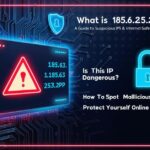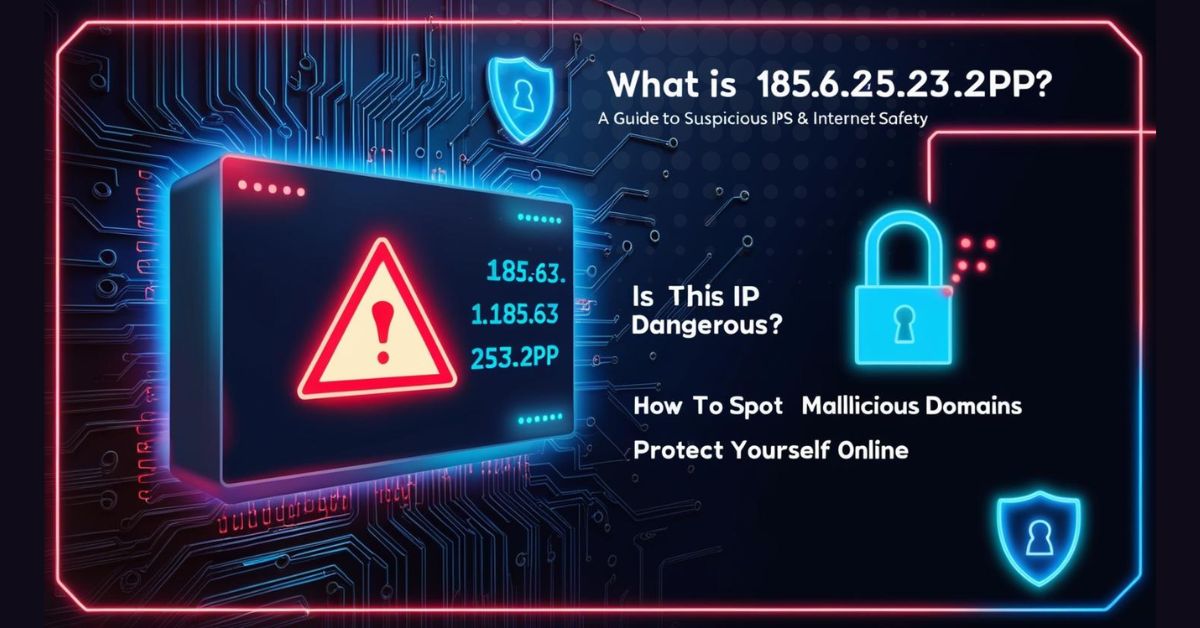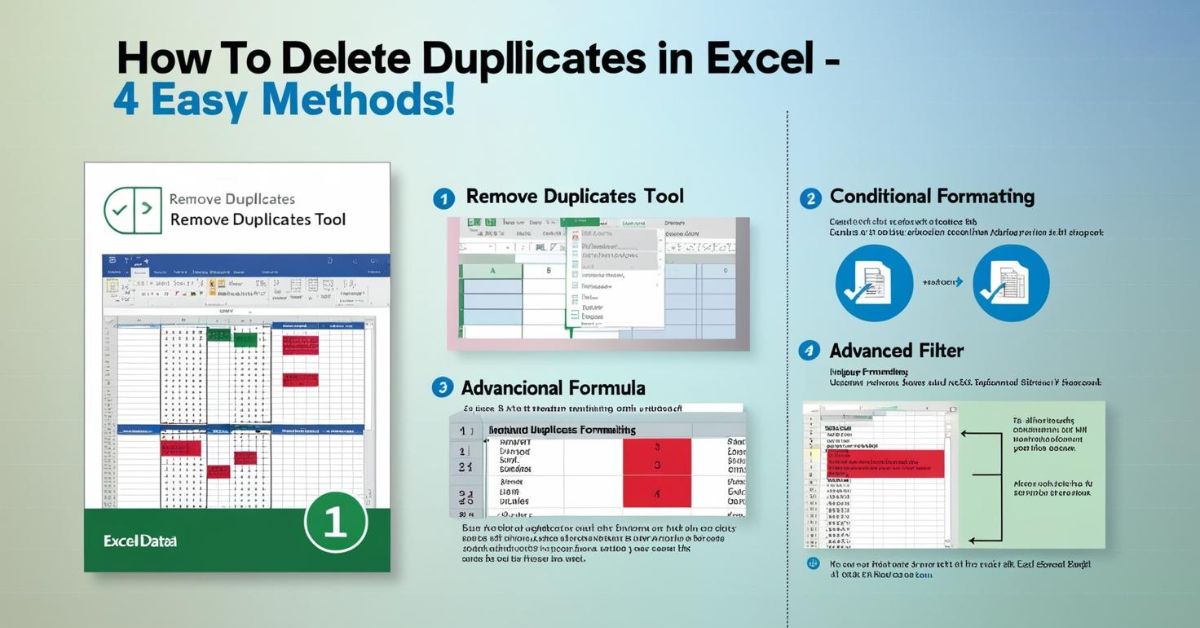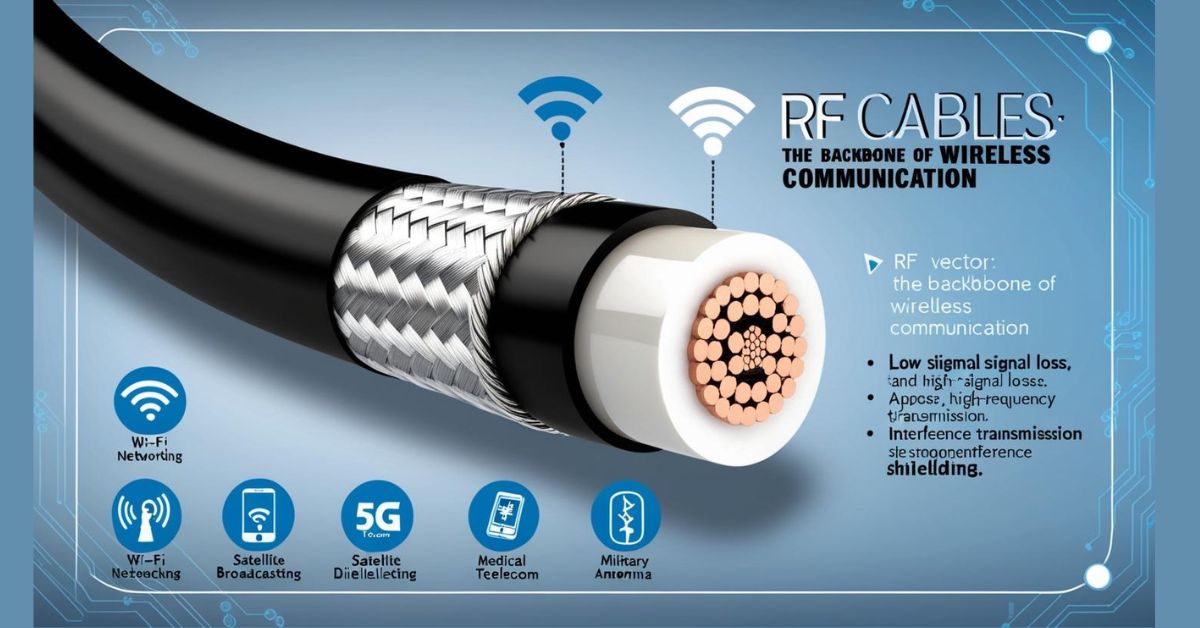When you browse the internet or check server logs, you might notice strange entries like “185.63.253.2pp.” If this caught your attention, you’re not alone. Many users look for help when they see strange IP-like strings. These strings may seem suspicious or harmful.
In this article, we’ll look at what 185.63.253.2pp could mean. We’ll also discuss why it might be dangerous and how to stay safe with odd IP addresses or domains.
Is 185.63.253.2pp a Valid IP Address?
To start, let’s break it down:
- A standard IPv4 address consists of four numeric segments separated by dots, like 185.63.253.2.
- The suffix “pp” is not valid in standard IP address formatting.
- Therefore, “185.63.253.2pp” is not a valid IP address.
It’s likely a malformed or obfuscated domain meant to confuse users or security systems.
Potential Reasons You’re Seeing 185.63.253.2pp
If you’ve spotted 185.63.253.2pp in a system log, email, or browser URL, it could be due to:
1. Typo or Misconfiguration
Sometimes, users or software enter invalid strings by mistake. This can happen because of typos or incorrect settings.
2. Obfuscation for Malicious Intent
Cybercriminals often use obfuscated formats to bypass spam filters and firewalls. A malformed string like 185.63.253.2pp could disguise a real IP address or redirect you to a malicious site.
3. Typosquatting
Some attackers register domain names that look like IP addresses to trick users. 185.63.253.2pp isn’t a standard domain. However, a similar one, like 18563-253-2pp[.]com, could be online. It might spread phishing or malware content.
How to Investigate a Suspicious IP Address
If you’re concerned about 185.63.253.2 (the IP portion of the string), follow these steps:
✅ WHOIS Lookup
Use WHOIS services to find ownership and geolocation details of the IP address. This can reveal the hosting provider and whether the IP is connected to a legitimate service.
✅ Check Blacklists
Websites like AbuseIPDB and VirusTotal let you check IPs for abuse reports or malware activity.
✅ Reverse DNS Lookup
A reverse DNS lookup can show which domain name is associated with a specific IP. If the IP has hosted malware or spam content in the past, it may appear in cybersecurity reports.
Is 185.63.253.2 Malicious?
As of now, 185.63.253.2 is a routable IP address in the IPv4 space. However, the “pp” suffix raises some suspicion.
If you or your software encountered “185.63.253.2pp,” it is best to:
- Avoid clicking or visiting unknown links.
- Check logs for additional signs of intrusion.
- Consult IT security professionals if the term appeared in your system unexpectedly.
How to Protect Yourself from Suspicious IPs and Domains
Cyberattacks are becoming more sophisticated, and users must stay vigilant. Here are a few tips to protect yourself:
Use a Trusted Antivirus Program
Update your antivirus software. It helps catch threats from bad domains and phishing links.
Install a Browser Security Plugin
Tools like uBlock Origin and HTTPS Everywhere stop harmful scripts and block redirects.
Monitor Network Traffic
Use tools like Wireshark or Netstat to detect unknown connections from your system to external IPs.
Educate Your Team
Train your employees to spot suspicious links. If they see one, they should report it right away.
Final Thoughts: Don’t Ignore Suspicious Strings Like 185.63.253.2pp
While 185.63.253.2pp isn’t a valid IP address, its structure raises red flags. Treat it with caution, whether it’s a typo or a hidden domain name for cyberattacks.
Always check unknown strings, especially in emails, system logs, or redirect URLs. Keeping your digital environment secure requires both vigilance and the right tools.
FAQs
What is 185.63.253.2pp?
185.63.253.2pp is not a valid IP address or domain name. This looks like a messed-up string that seems like an IP address, but it has an invalid suffix (pp). It may be used to mask malicious content or evade detection by firewalls and email filters.
Is 185.63.253.2pp a real IP address?
No, it’s not a real IP address. A valid IPv4 address consists only of four sets of numbers separated by dots (e.g., 185.63.253.2). The addition of “pp” at the end invalidates the structure.
Could 185.63.253.2pp be dangerous?
Yes, any malformed or suspicious-looking IP-like string could be a red flag. Cybercriminals often disguise malicious URLs using similar formats to bypass security software. Avoid interacting with such addresses without further analysis.
How can I check if an IP address is safe?
You can check the safety of an IP address by using tools like:
- AbuseIPDB
- VirusTotal
- IP WHOIS Lookup Services These tools provide abuse reports, show geolocation, and give historical data on the IP.
What should I do if 185.63.253.2pp appears in my server logs?
If you find 185.63.253.2pp in your logs, treat it as suspicious. Check the source. Run reverse lookups on the IP address 185.63.253.2. Also, look for any unauthorized access or harmful requests linked to it.
Can 185.63.253.2pp be part of a phishing scam?
Yes, attackers may use broken IP addresses or fake domain names. They do this to trick users into clicking harmful links. If you see something like 185.63.253.2pp in a message, do not click it and report it to your IT or cybersecurity team.
What does the “pp” mean in 185.63.253.2pp?
The “pp” in this case doesn’t have a recognized technical meaning. It could be a random string added to confuse users or evade detection. It may also attempt to mimic a file extension or domain suffix for phishing.
How do hackers use fake IP addresses or domains?
Hackers use fake or misleading IP addresses and domains to:
- Trick users into clicking malware-laced links
- Evade detection from security tools
- Redirect traffic to phishing or scam websites
- Deliver payloads in spam emails or malicious ads
How can I protect my system from suspicious IPs like 185.63.253.2pp?
To protect your system:
- Use up-to-date antivirus and anti-malware tools
- Implement a firewall with IP blocking capabilities
- Monitor traffic using network tools like Wireshark
- Educate your team about phishing and suspicious links
Is it possible to trace who owns the IP 185.63.253.2?
You can do a WHOIS lookup or use IP geolocation services. These tools help you find the organization or service provider that owns an IP address. This information can help you determine if the IP is legitimate or associated with abuse.










